Amazing Fetal Development A Simple Guide to Stages & Milestones
Fetal development is a miraculous journey. It starts with conception and goes through many amazing milestones until birth. This guide looks at how a fertilized egg becomes a fully developed baby. It covers the stages of fetal growth, pregnancy weeks, and the amazing changes that happen as your baby grows.
Table of Contents
The Conception Process
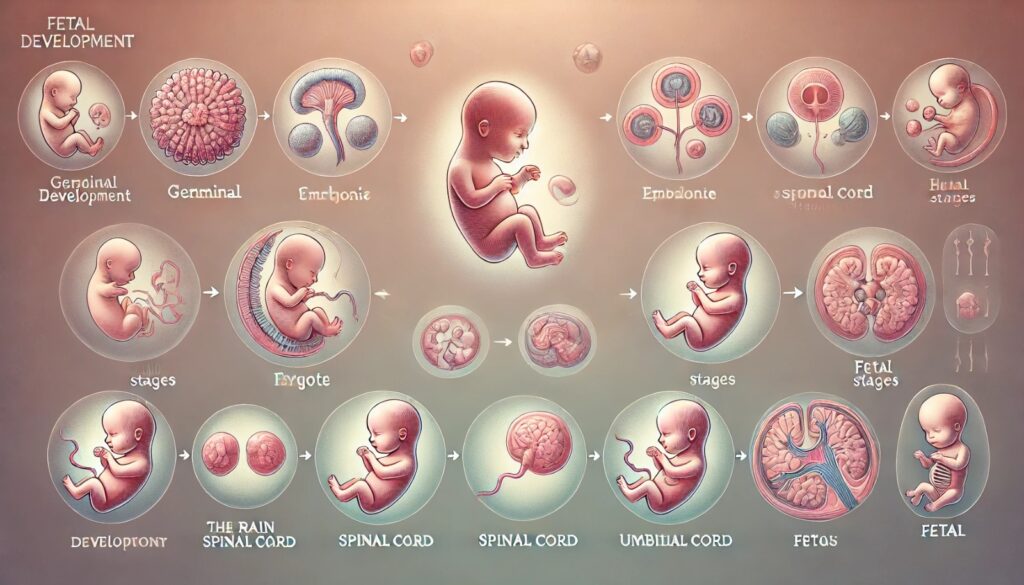
Conception is the starting point of pregnancy, occurring when a sperm fertilizes an egg, forming a zygote. This fertilized egg moves through the fallopian tube toward the uterus over several days. During this time, the zygote divides rapidly into multiple cells, laying the foundation for the baby’s development.
Around the end of the germinal stage, the zygote implants itself in the uterine lining. This successful implantation signals the beginning of pregnancy, halting the menstrual period and triggering hormonal changes essential for sustaining the pregnancy.
Stages of Fetal Development
Fetal development unfolds in three primary stages: the germinal stage, embryonic stage, and fetal stage. Each stage plays a vital role in the baby’s growth and preparation for life outside the womb.
Germinal Stage (Weeks 1–2)
The germinal stage begins at conception and lasts until the fertilized egg implants itself into the uterine wall. During this phase, the zygote turns into a blastocyst. This blastocyst splits into two parts. One part becomes the embryo, and the other part grows into the placenta.
Embryonic Stage (Weeks 3–8)
At this stage, we now call the fertilized egg an embryo. The neural tube, which will develop into the brain and spinal cord, forms by week 4.
By week 7, arms and legs begin to take shape, and the heart starts beating. Blood vessels form to provide nutrients. By the end of week 8, the embryo’s main organ systems begin to develop.
Fetal Stage (Weeks 9–40)
The fetal stage begins at week 9, when we now refer to the embryo as a fetus. This stage features rapid growth and maturation of the baby’s organs and systems. By week 17, the baby’s movements become more coordinated, and the mother may start feeling flutters of activity. By week 24, the baby’s lungs and brain continue to develop, preparing for life outside the womb.
Trimester Overview
Doctors divide pregnancy into three trimesters, each featuring unique developments and milestones.
First Trimester (Weeks 1–12)
The first trimester is a critical period for the baby’s initial growth and organ formation. By 12 weeks, the baby fully forms its organs. The umbilical cord is working to deliver oxygen and nutrients.
Second Trimester (Weeks 13–26)
Many people often consider the second trimester the most enjoyable phase of pregnancy. By 13 weeks, the baby’s skeletal system begins to harden, and their nervous system continues to develop. At 14 weeks, the baby’s proportions become more balanced, and they can move their hands to their mouth. By 17 weeks, the baby’s movements become more noticeable, and their unique fingerprints are developing.
Around 20 weeks, the baby’s movements become stronger, and the mother can feel kicks and stretches. By week 24, the baby’s lungs are developing rapidly, and they respond to external stimuli such as sounds and light.
Third Trimester (Weeks 27–40)
During the third trimester, women experience rapid weight gain and make final preparations for birth. By weeks 21–25, the baby’s nervous system matures, and they begin practicing breathing movements. At 37 weeks, doctors consider the baby full-term, with fully developed organs and systems ready for birth.
Monthly Baby Development Milestones
The baby undergoes significant changes during each month of pregnancy.
Months 1–3 (Weeks 1–12)
Month 1: The fertilized egg implants in the uterus, and the neural tube begins forming.
Month 2: Arms and legs develop, and the heart begins to beat. By week 8, doctors officially refer to the baby as a fetus.
Month 3: By 12 weeks, all major organs are present, and the risk of miscarriage decreases significantly.
Months 4–6 (Weeks 13–24)
Month 4: At 14 weeks, the baby’s body begins to grow in proportion to the head. Their movements become more purposeful.
Month 5: By week 17, the baby’s bones harden, and a protective layer called vernix covers their skin. Around 20 weeks, the baby’s movements become more pronounced.
Month 6: By week 24, the baby’s lungs and brain keep developing. They can survive outside the womb with medical help.
Months 7–9 (Weeks 25–40)
Month 7: At 25 weeks, the baby’s nervous system matures, and they respond to external stimuli.
Month 8: The baby gains significant weight and prepares for life outside the womb.
Month 9: By 40 weeks, the baby is full-term, with fully developed organs and systems ready for birth.
Key Development Milestones by Week
Week 12
All major organs are present, and the baby’s arms and legs are fully formed.
Week 13
The second trimester begins, and the baby’s features become more defined.
Week 14
The baby’s body grows proportionally, and they can move their hands to their mouth.
Week 17
The baby’s movements are more coordinated, and their unique fingerprints form.
Week 20
The baby’s activity increases, and the mother may feel stronger kicks and stretches.
Week 24
The baby’s lungs and brain continue to develop, and they can respond to sounds and light.
Week 25
The baby’s nervous system matures, and their movements become more pronounced.
The Umbilical Cord’s Role
The umbilical cord serves as the baby’s lifeline, delivering oxygen and nutrients while removing waste. By week 17, the team fully meets the baby’s needs throughout the pregnancy.
Understanding Gestational Age
Doctors count gestational age from the first day of the last menstrual period. This means it is about two weeks earlier than the actual conception date. This method helps healthcare providers track the baby’s development and estimate the due date.
Fetal development is a breathtaking journey filled with fascinating stages and milestones. Human growth starts at conception. Important milestones occur at week 12, week 17, and week 24. This process highlights the details of how we develop. Understanding these milestones empowers expectant parents to appreciate the wonder of pregnancy. For personalized advice, always consult your heathcare provider.
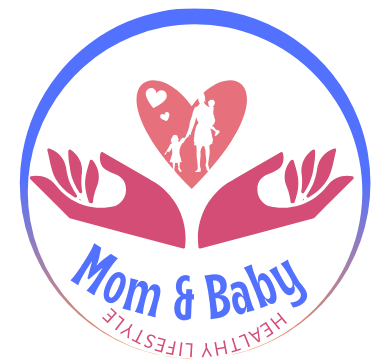
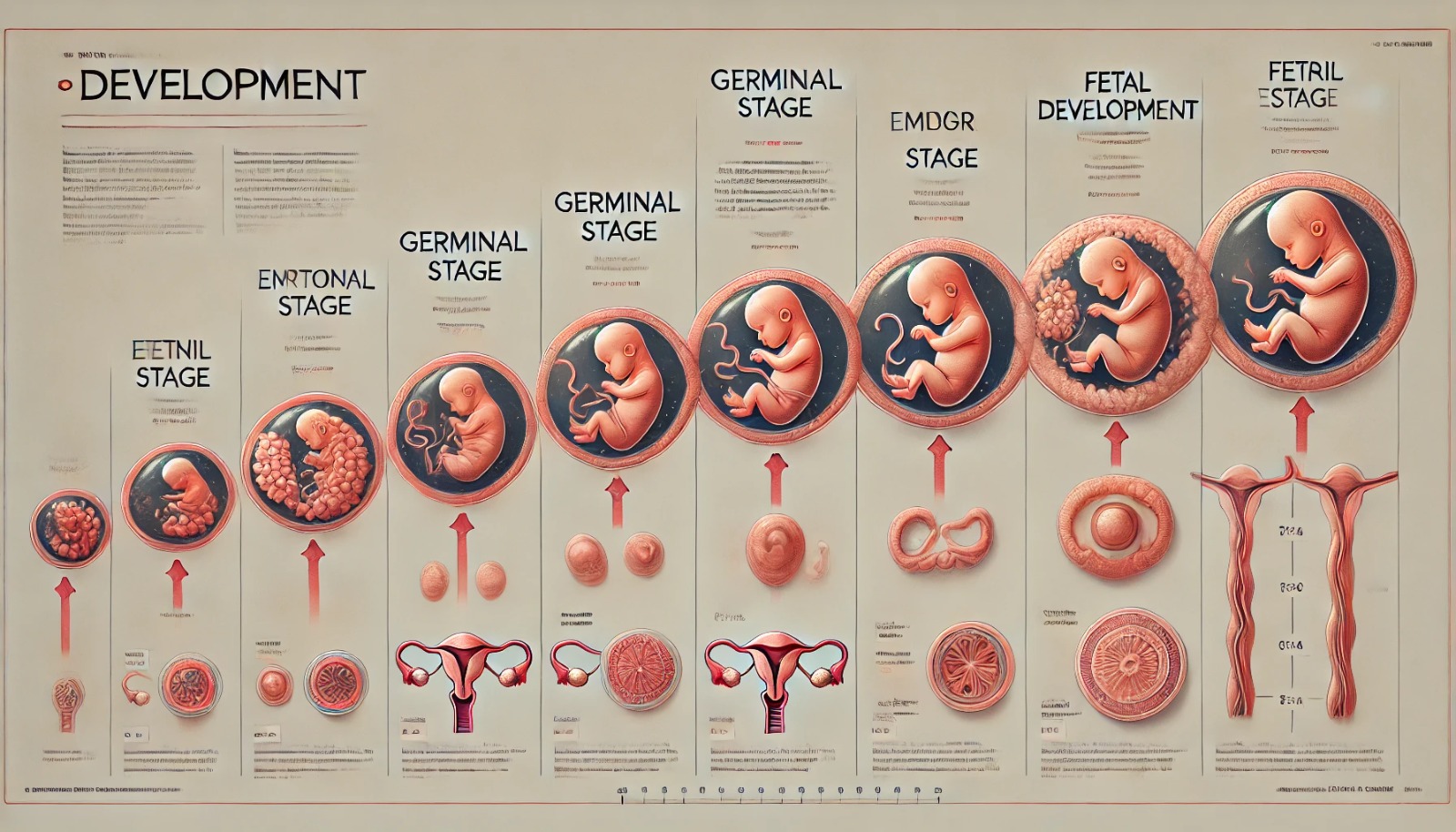

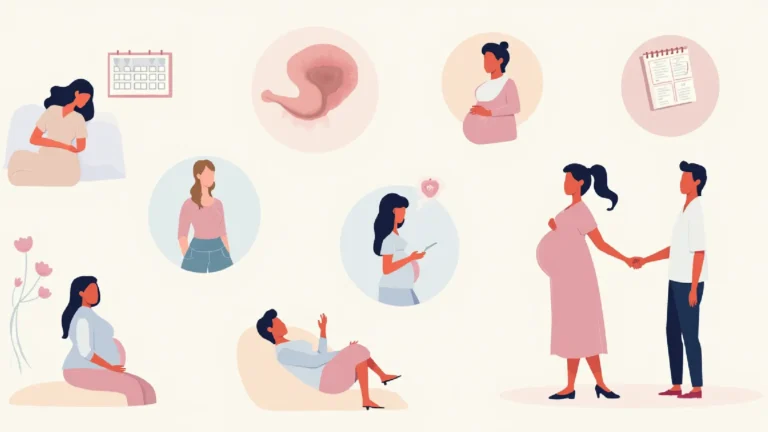
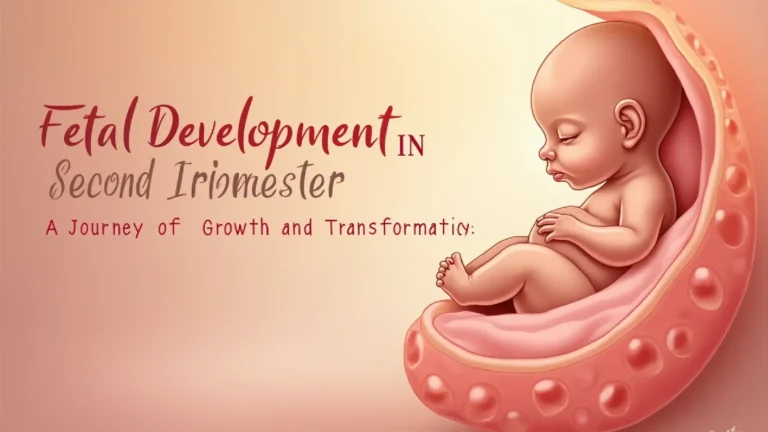
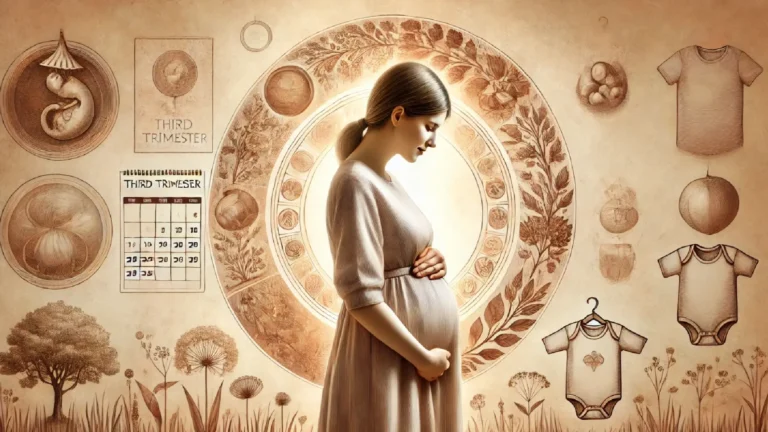

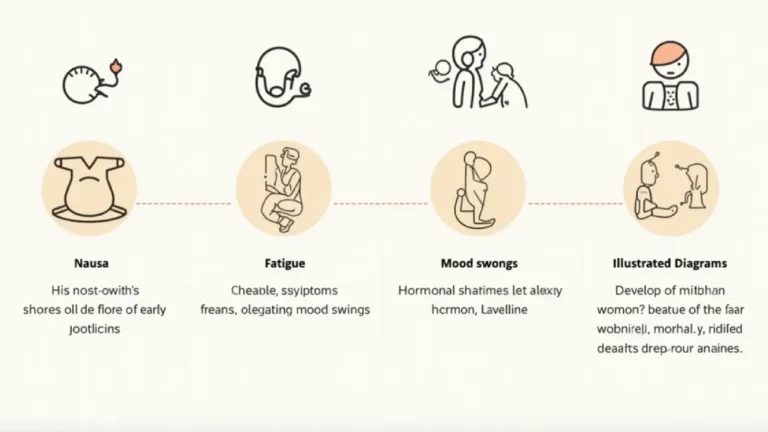
2 Comments